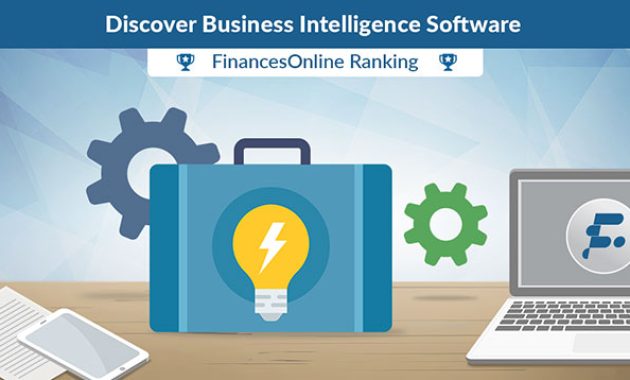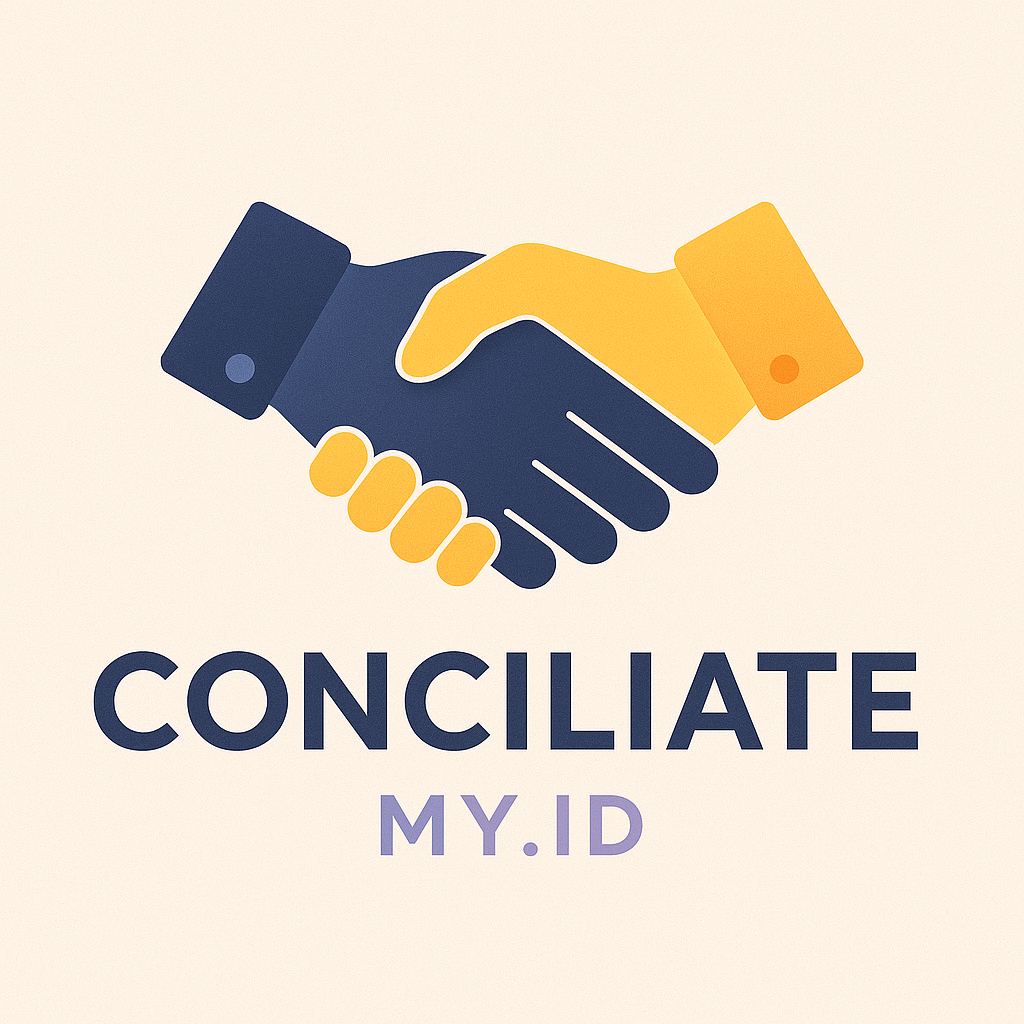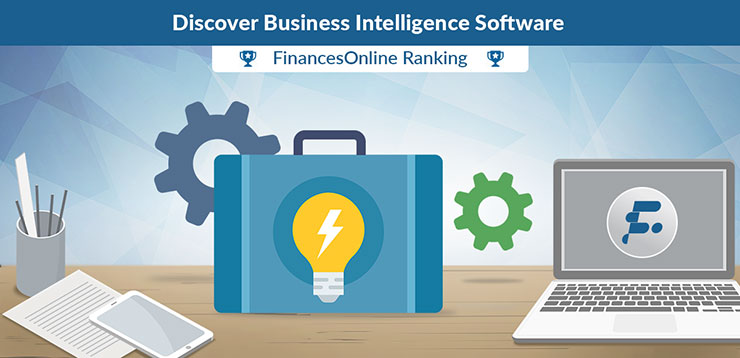
Discover Business Intelligence Software for Forecasting: A Startup’s Guide to Smarter Decisions
In the dynamic landscape of startups, where agility and informed decision-making are paramount, the ability to accurately forecast future trends can be the difference between success and failure. This is where Business Intelligence (BI) software for forecasting comes into play. It empowers startups to analyze data, identify patterns, and predict future outcomes. This article delves into the world of Business Intelligence software for forecasting, exploring its benefits, key features, and how startups can leverage it to gain a competitive edge.
The Critical Need for Forecasting in Startups
Startups operate in a realm of uncertainty. Market fluctuations, evolving consumer preferences, and the actions of competitors can all impact a startup’s trajectory. Without a clear understanding of potential future scenarios, startups risk making costly mistakes. Effective Business Intelligence software for forecasting provides the necessary insights. It helps them navigate these challenges with greater confidence. Accurate forecasting enables startups to:
- Optimize resource allocation.
- Make informed investment decisions.
- Anticipate market trends.
- Improve operational efficiency.
This proactive approach is essential for startups looking to scale and thrive. Ignoring forecasting is like navigating without a map. It increases the likelihood of getting lost or running into obstacles.
Unveiling the Power of Business Intelligence Software
Business Intelligence software for forecasting is more than just a tool. It is a strategic asset that transforms raw data into actionable insights. It typically includes several key functionalities:
Data Collection and Integration
The foundation of any good forecasting tool is its ability to collect and integrate data from various sources. This includes sales data, marketing metrics, customer behavior, and external factors like economic indicators. The software should seamlessly connect to different data sources. It allows for a comprehensive and holistic view of the business.
Data Analysis and Visualization
Once data is collected, the software processes it through advanced analytical techniques. This includes statistical modeling, trend analysis, and predictive analytics. It transforms complex data into easy-to-understand visualizations like charts and graphs. This makes it easier for non-technical users to understand trends.
Forecasting and Predictive Modeling
The core function of Business Intelligence software for forecasting lies in its ability to predict future outcomes. Using historical data and predictive algorithms, the software generates forecasts for sales, revenue, customer acquisition, and other key metrics. The accuracy of these forecasts depends on the quality of the data and the sophistication of the algorithms used.
Reporting and Dashboards
Effective BI software provides customizable dashboards and reporting features. It allows startups to track key performance indicators (KPIs) and monitor progress against goals. These reports can be tailored to specific business needs and shared with relevant stakeholders.
Key Features to Look for in Business Intelligence Software for Forecasting
When selecting Business Intelligence software for forecasting, startups should consider several key features:
User-Friendliness
The software should be easy to use, even for those without technical expertise. An intuitive interface and clear visualizations are crucial for adoption across the organization.
Scalability
As a startup grows, its data volume and analytical needs will increase. The software should be able to scale to accommodate this growth without compromising performance.
Integration Capabilities
The ability to integrate with existing systems, such as CRM platforms, accounting software, and marketing automation tools, is essential for data accessibility and efficiency.
Customization Options
The software should offer customization options to tailor reports, dashboards, and forecasts to specific business requirements. This helps in getting the most relevant insights.
Accuracy and Reliability
The accuracy of forecasts is crucial. The software should use reliable algorithms and provide options for validating and adjusting forecasts. This ensures the insights are trustworthy.
Cost-Effectiveness
Startups often operate on tight budgets. The software should offer a cost-effective pricing model. It should also provide a good return on investment.
Top Business Intelligence Software Options for Startups
Several Business Intelligence software for forecasting options cater to the needs of startups. These include:
- Tableau: Known for its user-friendly interface and powerful visualization capabilities. It is a popular choice for startups.
- Power BI: Microsoft’s BI platform. It offers seamless integration with other Microsoft products and a wide range of analytical features.
- Looker: A cloud-based BI platform that focuses on data exploration and collaboration. It’s well-suited for data-driven teams.
- Qlik Sense: Provides associative data modeling. It helps users uncover hidden insights and patterns in their data.
- Zoho Analytics: A comprehensive BI solution with a user-friendly interface and affordable pricing plans. It is a great option for smaller startups.
The best choice depends on the specific needs and budget of the startup. It’s essential to evaluate different options and choose the one that aligns best with the business’s goals.
Implementing Business Intelligence Software: A Step-by-Step Approach
Implementing Business Intelligence software for forecasting requires a structured approach:
- Define Objectives: Clearly define the business goals and the key metrics that need to be forecasted. This will guide the selection of the software and the data analysis process.
- Choose the Right Software: Evaluate different software options. Select the one that best fits the startup’s needs, budget, and technical capabilities.
- Gather and Prepare Data: Collect and clean the data from various sources. Ensure data accuracy and consistency.
- Set up the Software: Configure the software. Connect it to the data sources and set up the dashboards and reports.
- Train Users: Provide training to employees on how to use the software and interpret the results. This ensures wide adoption.
- Analyze and Interpret Results: Regularly analyze the forecasts and reports. Use the insights to make informed decisions and adjust strategies.
- Monitor and Refine: Continuously monitor the accuracy of the forecasts. Refine the data and algorithms as needed to improve accuracy.
The Benefits of Forecasting for Startups
The benefits of using Business Intelligence software for forecasting are numerous:
- Improved Decision-Making: Accurate forecasts provide a solid foundation for making informed decisions. This minimizes risks.
- Enhanced Resource Allocation: Forecasts help startups optimize their resources, such as inventory, staffing, and marketing spend.
- Increased Efficiency: By anticipating future trends, startups can improve operational efficiency and streamline processes.
- Competitive Advantage: Forecasting gives startups a competitive edge. They can anticipate market changes and adapt more quickly.
- Better Investor Relations: Demonstrating the ability to forecast future performance can attract investors and secure funding.
Overcoming Challenges and Maximizing Success
While Business Intelligence software for forecasting offers significant benefits, startups may face some challenges. These include:
- Data Quality: The accuracy of forecasts depends on the quality of the data. Startups must ensure the data is clean, accurate, and up-to-date.
- Data Integration: Integrating data from various sources can be complex. The software should support seamless integration.
- User Adoption: Getting employees to adopt and use the software can be challenging. Provide training and support.
- Algorithm Complexity: Complex algorithms can be difficult to understand and interpret. Choose software with user-friendly features.
To maximize success, startups should:
- Start with a clear understanding of their business goals.
- Choose the right software.
- Invest in data quality.
- Provide adequate training.
- Continuously monitor and refine forecasts.
Conclusion: Embracing the Future with Business Intelligence
In conclusion, Business Intelligence software for forecasting is a vital tool for startups. It empowers them to make smarter decisions. By leveraging data and predictive analytics, startups can gain a competitive advantage. They can also drive sustainable growth. By choosing the right software, implementing it effectively, and embracing a data-driven culture, startups can navigate the complexities of the market with confidence and achieve their long-term goals. The future of startups is data-driven. Embracing Business Intelligence software for forecasting is no longer optional. It’s essential for those wanting to thrive.
[See also: Related Article Titles]

